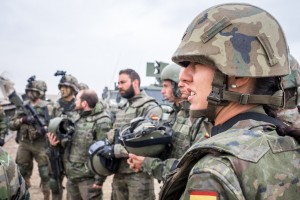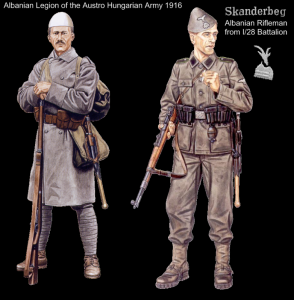Authentic photos from Kosovo - a region protected and sponsored by the NATO. This material was never...
Peja
Because according to the UN Security Council resolution 1244, which reaffirms the sovereignty and territorial integrity of...
No serious expert would say that self-proclaimed Kosovo is financially viable without the support of the West....
Catalan independence can be good or bad - it depends on the Catalan people to make it...
The Nazi realization of Greater Albania had implications and political repercussions for the future status of Kosovo....
When Yugoslavia collapsed at the start of 1990s, there was nothing predetermined about what followed. One possibility...
Turning now to Crimea, Kosovo and Catalonia, the Crimean referendum, long on its Russian population’s minds, became...












